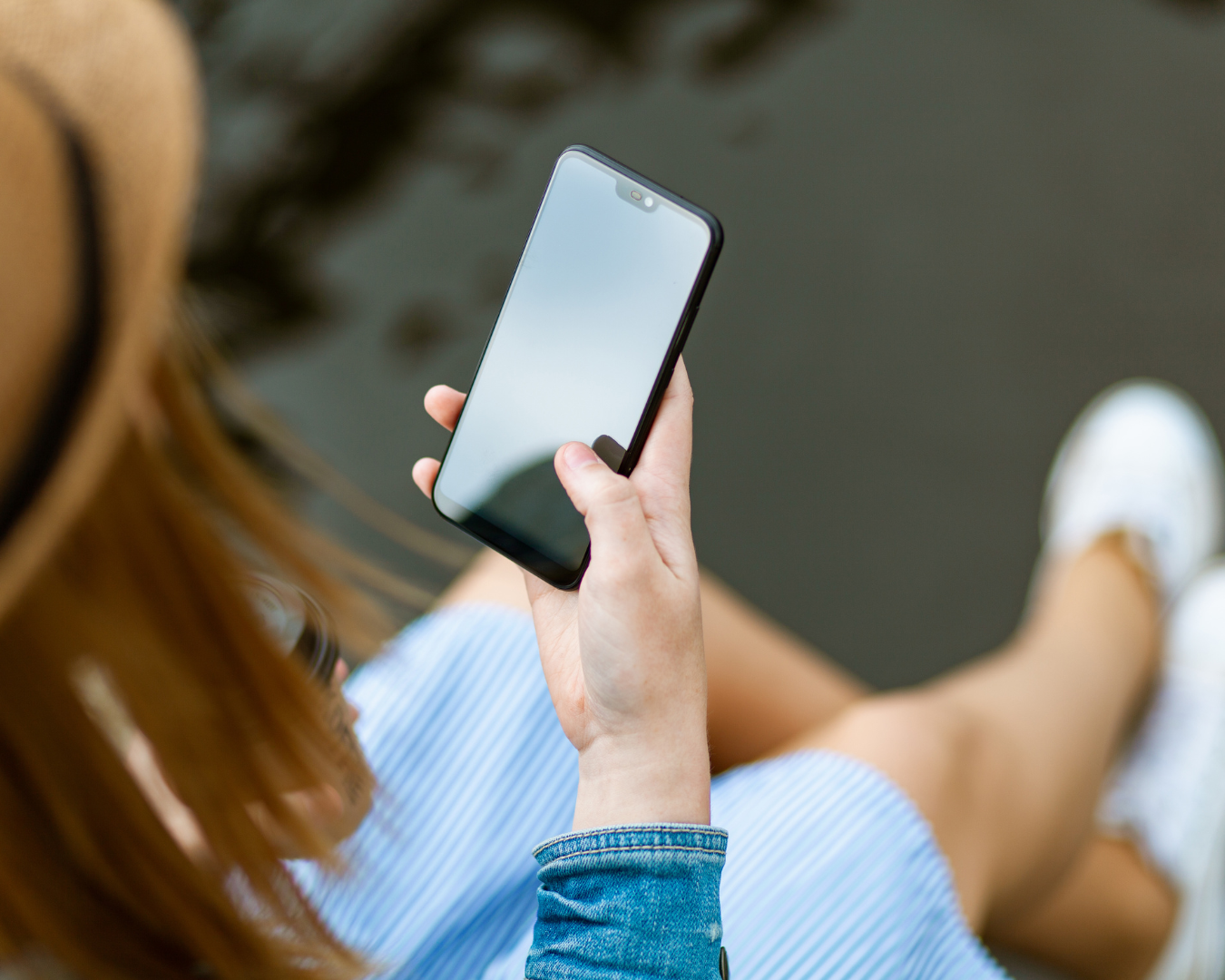Our blog.
Ten Essential Tips for Securing Your Smartphone

Smartphones have become an integral part of our lives in 2023. Gone are the days where a phone was only useful to call your parent or send a message to a friend. They also serve as a communication tool, entertainment source, a hub for storing sensitive personal and financial data, and as a way of keeping you connected in an ever more digital world. However, with the convenience and accessibility of smartphones comes the potential for cybersecurity threats. If your device is stolen or hacked, criminals now have more opportunity than ever to access your sensitive information. That’s why it’s important to think about securing your smartphone.
We’ve put together these ten essential tips for securing your device to keep you and your data safe.
-
Use strong passwords or passcodes
A strong password or passcode is the first line of defence against unauthorized access to your device or any connected accounts. Secure your smartphone by avoiding using common words, names, or easily guessable information, such as birthdates, phone numbers, or sequential patterns. If you are able to use biometric security options such as fingerprint or facial recognition, that can offer even greater security.
-
Enable two-factor or multi-factor authentication
These provide an additional layer of security to your device by requiring a code sent to a trusted device or email in addition to your password or passcode. The more obstacles you can put in a criminal’s way, the less likely they are to be able to access the information stored on your device.
-
Keep your phone updated
Cellphone manufacturers and app developers release regular software updates that provide patches and fixes for known security vulnerabilities. To ensure your phone’s software is always running the latest software version, check your phone is set to automatically update or check for updates frequently.
-
Use a virtual private network (VPN)
A VPN encrypts your internet traffic and provides a secure connection to the internet, making it harder for hackers to intercept your data. Check that you are using a reputable VPN provider and remember that free VPNs may be less secure than paid VPN services.
-
Be cautious of public Wi-Fi
Public Wi-Fi networks are often unsecured and able to be accessed by anyone, which makes them an ideal target for hackers. Avoid connecting to public Wi-Fi networks when accessing sensitive information or apps like online banking. Be wary of having your smartphone set to automatically connect to Wi-Fi networks, Bluetooth devices, or other peripherals as this can put your device at risk. Disable automatic connections and manually connect to trusted devices and networks. Wherever possible, use a secured connection to the internet and make sure your home Wi-Fi is also secured and only accessible with the password or passkey.
-
Use app permissions wisely
When installing apps, pay attention to the permissions they request. Only grant necessary permissions and be cautious of apps requesting access to sensitive information or device features that don’t seem necessary for the app to run.
-
Back up your data
In the event of a security breach of your smartphone or loss of your device, having a recent backup of your data can minimize the impact, helping you to take back control of your personal data again. Use a cloud-based backup service or regularly transfer your data to a secure device or storage location.
-
Be mindful of physical security
Physical access to your device can pose a security risk. A criminal doesn’t have to physically steal your phone to access what you keep on there. Keep your phone with you at all times, set it to automatically lock when not in use, and avoid leaving your device unattended in public places.
-
Watch out for smishing
Many of us are aware of phishing emails, where scammers try to trick you into sharing your personal data with them often by impersonating a reputable institution. But did you know that cybercriminals are increasingly trying similar tactics via SMS messaging? A reported $86 million was lost in 2021 due to smishing scams, with an average loss of $800. Messages may impersonate a delivery company, your bank or even friends and family to obtain your personal data. So, just like with email, never click a link in an unexpected text and, if something doesn’t feel right, call or email the company directly using their published contact details to verify the information.
-
Install anti-virus software
Mobile phones are not immune to malware and viruses. Use reputable anti-virus software to protect your device from malicious software. You can also alter your browsing and app behaviour to make sure you only use trusted websites and apps.
Final thoughts for securing your smartphone
Securing your smartphone requires awareness and vigilance from you, but you don’t have to do it all yourself. Fortress combines both traditional device insurance with cybersecurity features such as Anti-Virus and Threat Alert to let you know about potential threats to your device and your data. You can also remotely track, lock and wipe your device if it falls into the wrong hands.*
Find out how Fortress helps to protect, secure and insure your device, or download our app for iPhone or Android to get started today.
*Some features are device or membership tier dependent.
Return to Blog List






